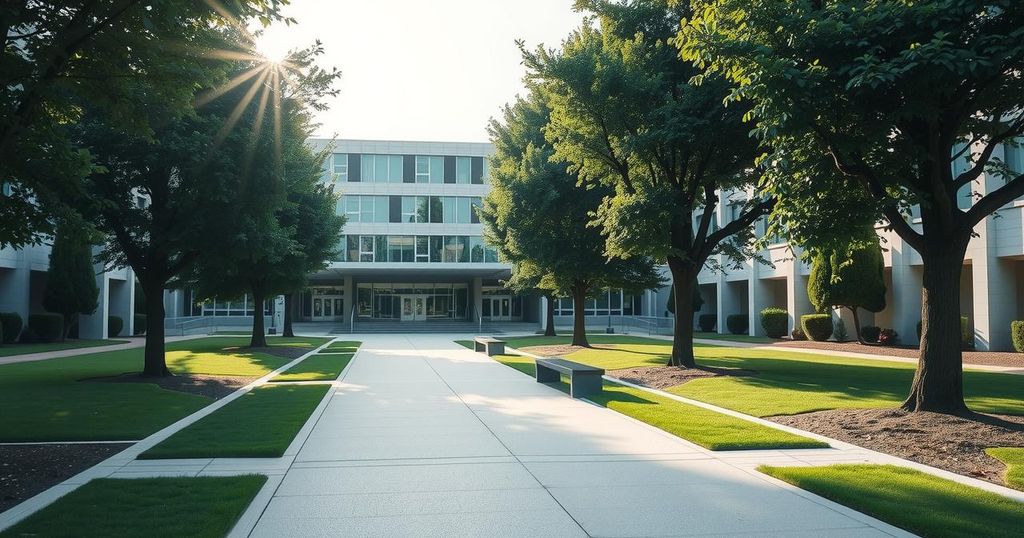Nigeria’s government has suspended new private university approvals for one year and raised application fees significantly. Current applications will be reviewed if they are already in progress. Private universities have been growing due to strikes in public universities, yet public institutions still enroll the majority of students.
The Nigerian government has announced a suspension on the approval of new private universities for one year, beginning February 10. This decision allows the National Universities Commission (NUC) to thoroughly review the regulations governing the establishment of private universities. During this suspension period, no new applications will be processed, although existing applications may be considered if they have progressed beyond the initial stage.
Additionally, the fees associated with applying for a private university have significantly increased. The application fee has been raised from N1 million ($665) to N5 million ($3,325), while the processing fee has escalated from N5 million to N25 million ($16,626). Applicants who have already purchased forms are required to remit the new processing fee within 30 working days to avoid cancellation of their applications.
The growth of private universities in Nigeria is largely attributable to the frequent strikes experienced in public universities, which impacts students’ educational careers. Nonetheless, public institutions continue to accept the majority of students, enrolling approximately 90% of all applicants. The establishment of private universities began in 1999, with notable institutions such as Babcock University, Igbinedion University, and Madonna University paving the way for subsequent establishments to cater to the increasing demand for higher education.
In summary, Nigeria’s government has temporarily halted the approval of new private universities and significantly increased application fees amidst a review of regulatory frameworks. Existing applications may proceed if they are sufficiently advanced. This move responds to the rising demand for educational opportunities in the face of challenges within public university systems.
Original Source: globalsouthworld.com






